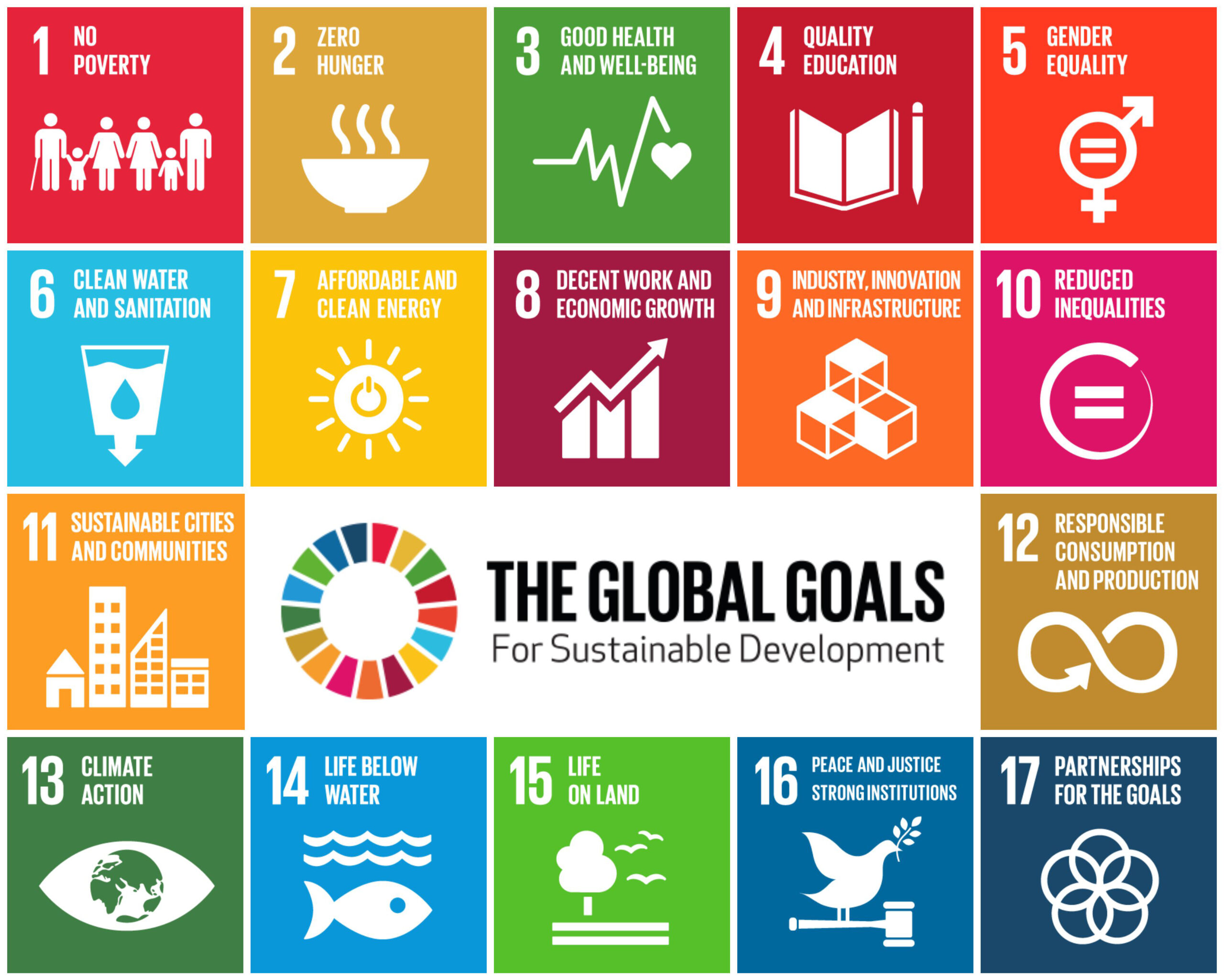María Angelica Latorre
Andrés Neira [1]
The COVID-19 crisis has made it clear that we are in serious trouble. This event altered our routine and has generated permanent changes. Isolation, successive lockdowns, and family members’ losses are among the traumatic events reshaping the known world.
Changes are continuous and inevitable; changes are part of the evolution of any system. One year later, while reflecting on those changes, we see the human’s capacity to readapt to the new normal. Every threat to existence opens the doors toward a learning process: a survival learning process.
Dear reader, close your eyes and imagine you can travel in time to meet yourself one year back. Now, speak to your alternate self about all the events that have occurred: the lockdown has lasted more than a year and not three months; Space X is giving us the opportunity to go outer space; the scientific community developed a vaccine in record time to end the pandemic. This exercise gives you an example of our capacity to adapt and demonstrates how we can be catalysts to create or destroy. However, it is in our creative skills that the hope of redesigning this present lies.
The power to connect common purposes
A year ago, we started the Executive Master in Change at INSEAD. A program aimed at developing the skills to be agents of change within organizations. It is a program that goes beyond the format of a classic business school because it focuses on exploring the human essence to connect with transformation processes.
In our initial conversations, we shared our deep concerns about our country, Colombia. Our connecting point is the desire to stop being spectators. After so many years in the corporate world, returning to academia allows us to enter a creative space and connect with resources that otherwise would be unlikely to have at our disposal.
We both come from corporate worlds and have realized that we can contribute in multiple ways to drive change from each one’s area of expertise. The key is to be aware of the need to transform and connect resources with people to drive transformation. This is how this project that we call “impACTivist” was born.
The power of “conscious transformation”
Every crisis brings changes; it all depends on where we observe them: as an opportunity or a loss? Every day we hear the exact phrase repeatedly: “It is an unprecedented crisis.” But is it really?
As an opportunity, we can say that this crisis made evident the profound social inequality and our planet’s state. But it has also shown how individuals like you and us can act and if we all act quickly, we can reverse the trend and create the impact we need. We just need moral imagination.
The first step you can take is to acknowledge that the system is not working and the second is to find out how you can contribute. We cannot continue to delegate responsibility for change to institutions. Today more than ever, it is critical to demonstrate our civic responsibility starting with the transformation of our square meter. We all, without exception, have a critical role within our community. Let us not allow the “new normal” to push us into a “new comfort zone.”
The global agenda of the “Sustainability Development Goals [2]”
The good news is that we are not alone and hence the power to connect. The COVID-19 showed us we have the same essence: hopes and fears. The only way to overcome the crisis is through solidarity. A better present requires solidarity between us and our connection in harmony with the planet.
The path is already outlined within the Sustainable Development Goals (SDG) agenda of the United Nations (UN). The SDGs “is a set of global goals to eradicate poverty, protect the planet and ensure prosperity for all as part of a new sustainable development agenda.” The goal is to achieve these objectives by 2030. Five years have passed since their publication, and we have just a decade left to meet them.
The 17 goals or the Global Goals are:

It is an ambitious agenda, and the current crisis is highly likely to delay the objectives’ fulfillment. One of the key points is that sustainability must stop being the hot topic to become part of the “new normal.”
Now, what’s next? Have you ever wondered how you can contribute to change? Who is leading it? How can we get out of all this chaos? Do you want to make a difference, and you don’t know how? These are the questions we ask ourselves, and that is why we have opened this space for reflection. The objective is to build from the exchange of ideas and thus be able to generate the bridges that allow us to connect a common purpose.
The future is now; it is time to redesign our present!
Welcome to impACTivist!
1- María Angélica Latorre y Andrés Neira are students of the Executive Master in Change at INSEAD.


